It seems like every movie these days wants to be a franchise. With beloved series being revisited and countless comic book films coming to the big screen, there is a lot of mythology to keep straight. In fact, sometimes the movies themselves have to wipe some of the slate clean.
Retconning is a controversial storytelling technique in which something that has already been established in the continuity is changed or ignored. It's a tricky thing to pull off and sometimes it works out, while other times it makes a mess. Here are some sequel retcons that didn't work and some that actually did.
10 Made Sense: The Death Star's Weakness Is Intentional (Rogue One)
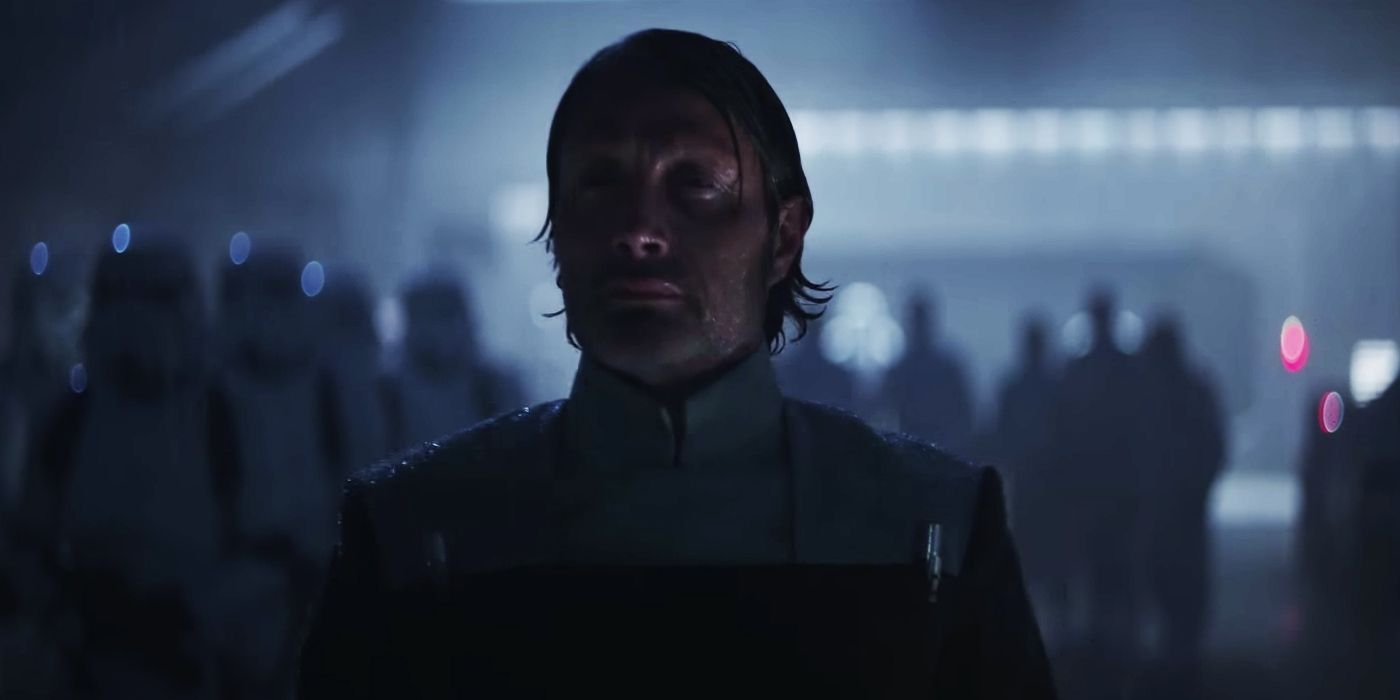
Rogue One was the first Star Wars spin-off story which took a small aspect of A New Hope and told a standalone story from it. The movie follows the crew of brave rebels who attempt to steal the plans for the Empire's Death Star.
Along with being a fun adventure, the movie goes back to explain one of the most infamous complaints of the original Star Wars movie. Rogue One wisely explained that the Death Star's one weakness was not a major oversight but an intentional design by Galen Erso so it could be destroyed.
9 Horrible: Midi-chlorians (The Phantom Menace)
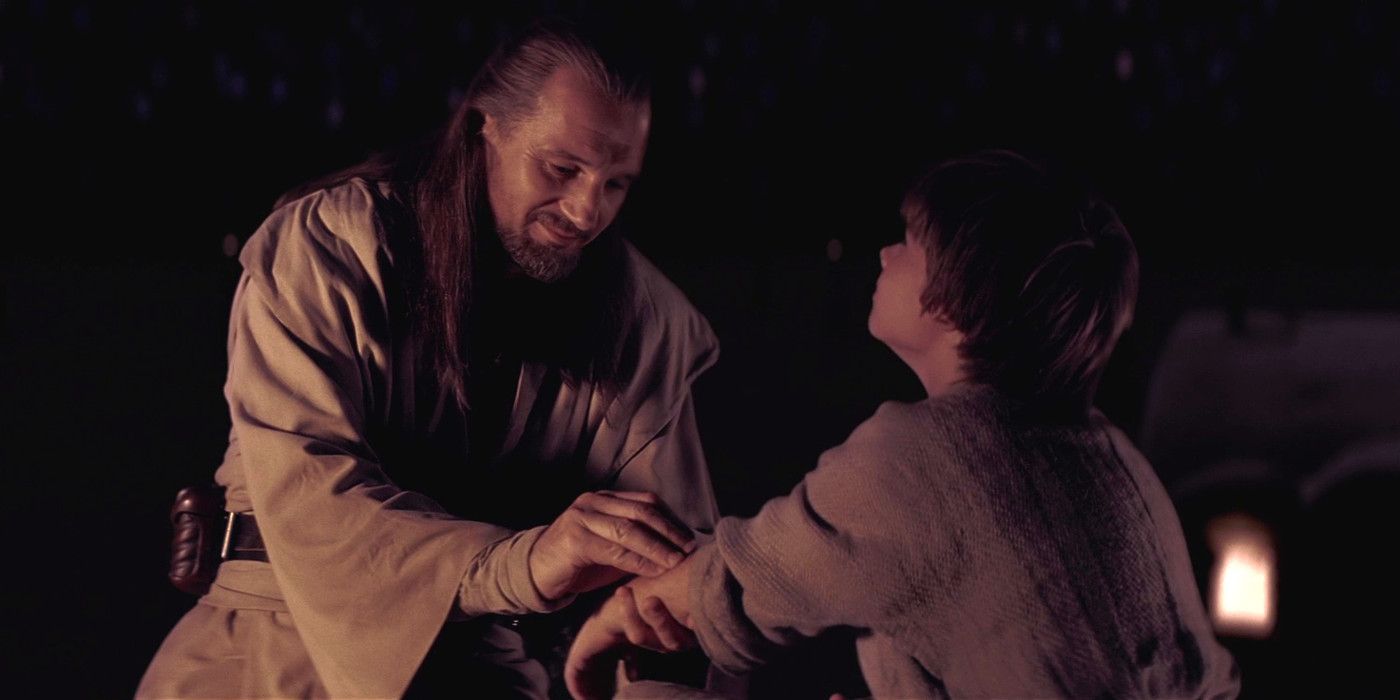
The Force is one of the most interesting aspects of the Star Wars universe. The idea that people can access this incredible and ancient power source has been so impactful to the overall mythology.
However, when George Lucas revisited the saga, he inexplicably decided to make the Force much less interesting. The film explains that midi-chlorians are microscopic cells that allow one to access the Force if they have a great number of them in their blood. Just like that, the Force became a biological condition.
8 Made Sense: Apollo Creed Had An Illegitimate Son (Creed)
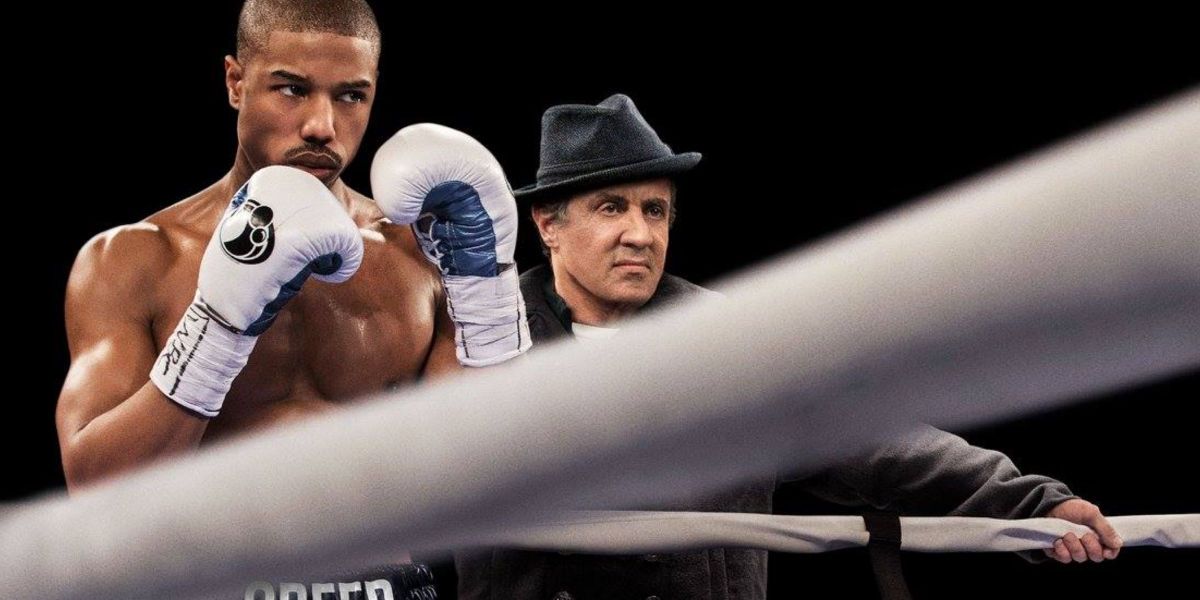
Few people thought that the Rocky franchise needed to be revisited, but Ryan Coogler found an interesting way to get back into the ultimate underdog franchise. Creed stars Michael B. Jordan as the illegitimate son of Apollo Creed, who follows his father's footsteps into the ring.
The Apollo Creed we saw in the movies was a charismatic family man, so this tarnishes his reputation a little. Yet the fact that we hadn't heard of this kid before makes his quest to prove himself all the more compelling.
7 Horrible: Blofeld Was Behind Everything (Spectre)
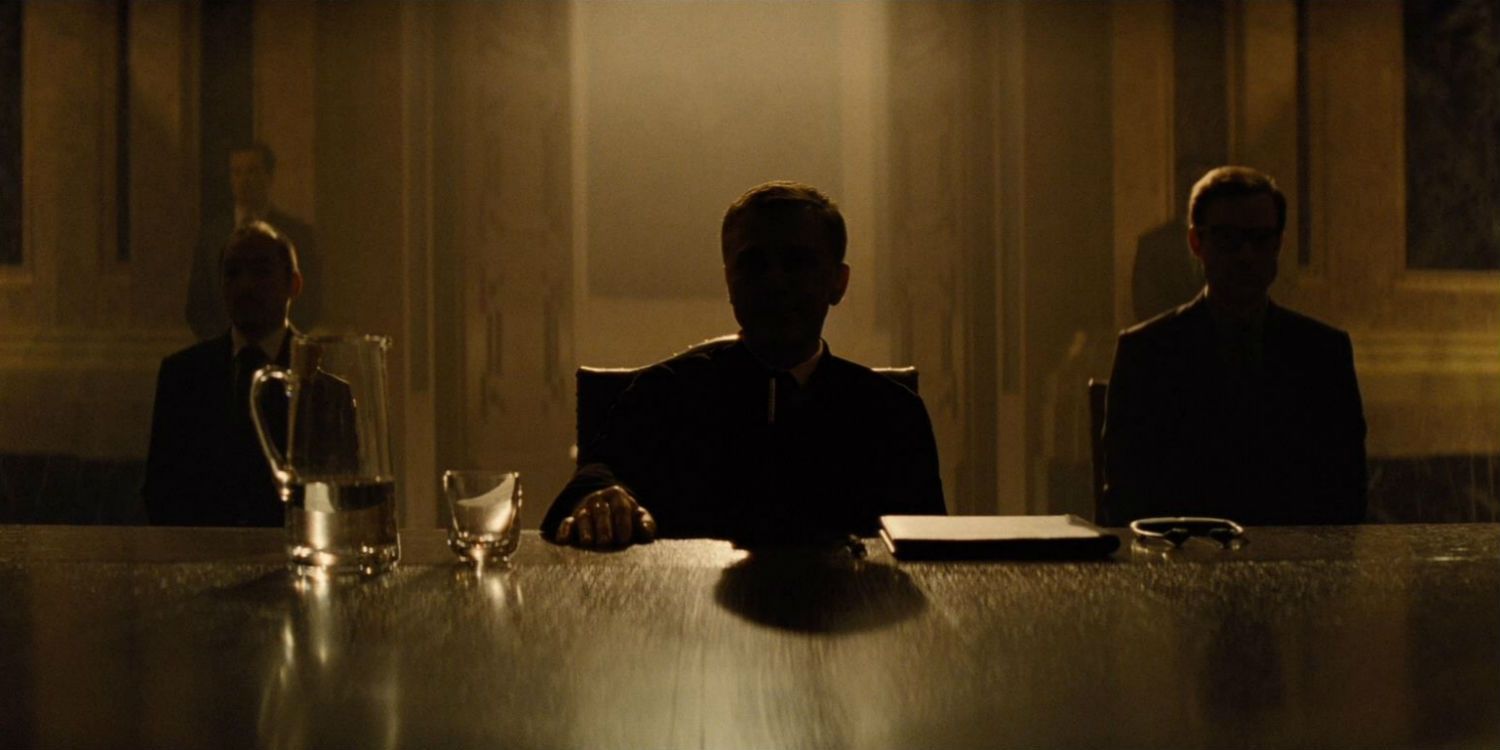
Bringing Ernst Blofeld back into the modern Bond franchise was a fun idea, and casting Christoph Waltz in the role was wise (even if they unwisely pretended he wasn't playing Blofeld). However, the movie's attempt to make him the ultimate archnemesis was misguided.
Spectre introduced the ludicrous idea that all the events of Daniel Craig's Bond films were orchestrated by Blofeld. Not only does this raise way more questions than it answers, but it makes the previous films retroactively less exciting.
6 Made Sense: The Last Stand Is Undone (X-Men: Days Of Future Past)
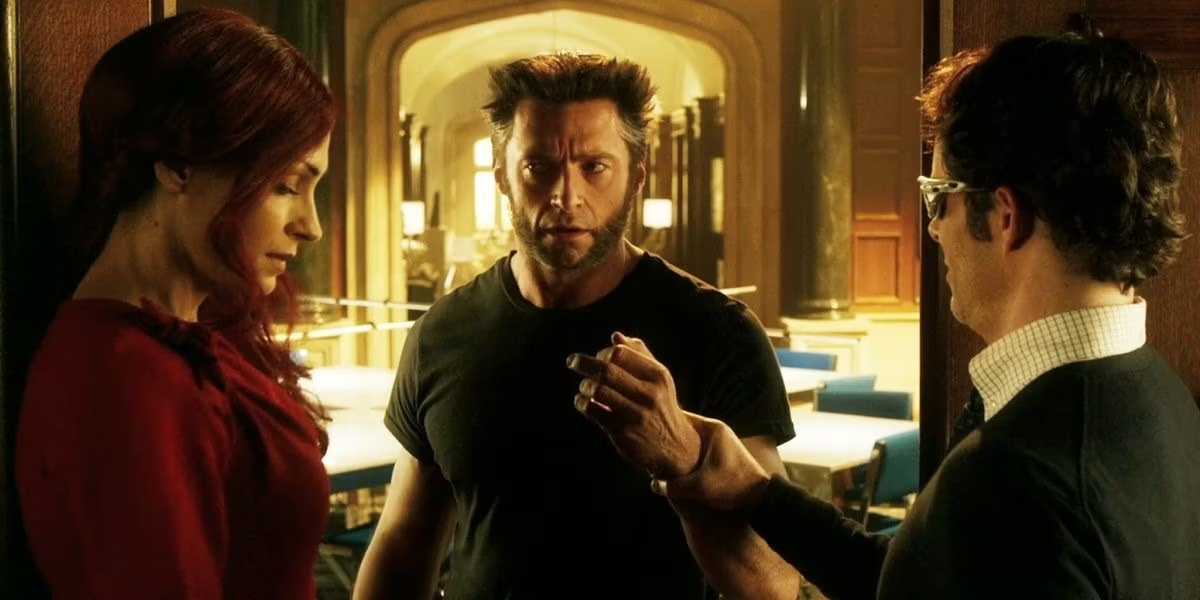
While the first two X-Men films pleased fans, the third film, X-Men: The Last Stand, proved to be a disappointing payoff to what had been set up in the previous movies. The film also made some controversial choices in killing characters off.
X-Men: Days of Future Past revisited the timeline of that film and sent Wolverine back in time to save the future. The film ended with the timeline of The Last Stand literally being erased from the continuity like it never happened
5 Horrible: Professor X Lives (X-Men: Days Of Future Past)
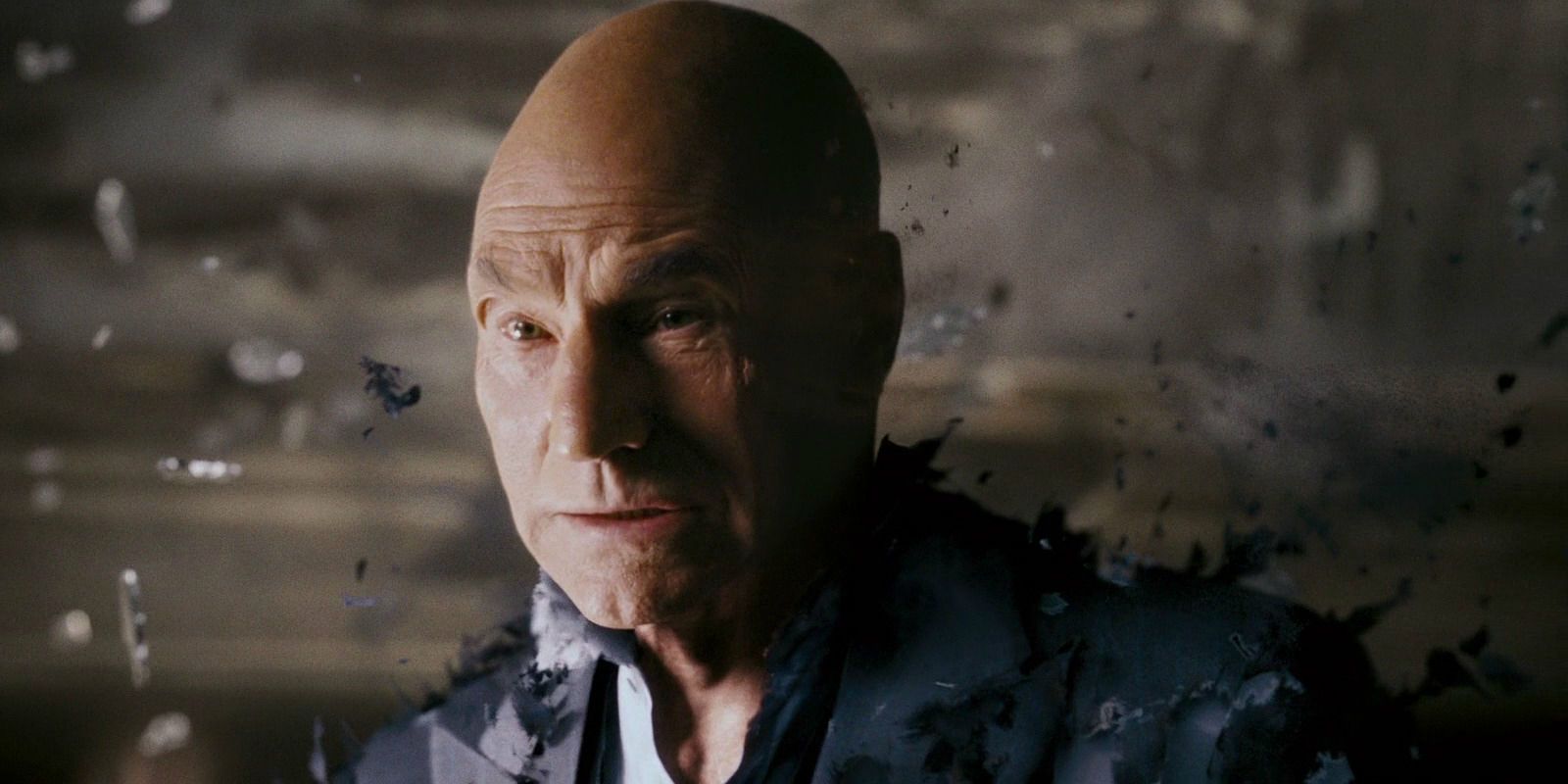
Professor Charles Xavier has been an important part of every X-Men film. So when the character was seemingly killed off in X-Men: The Last Stand, it presented a problem for X-Men: Days of Future Past. Their solution? Simply ignore it.
Professor X shows up in the film with no mention of the fact that he died years earlier. Though there was a hint at the end of The Last Stand that he transferred his consciousness into another body, no explanation is given as to why he still looks like Patrick Stewart.
4 Made Sense: The Kid Was Peter Parker (Iron Man 2)
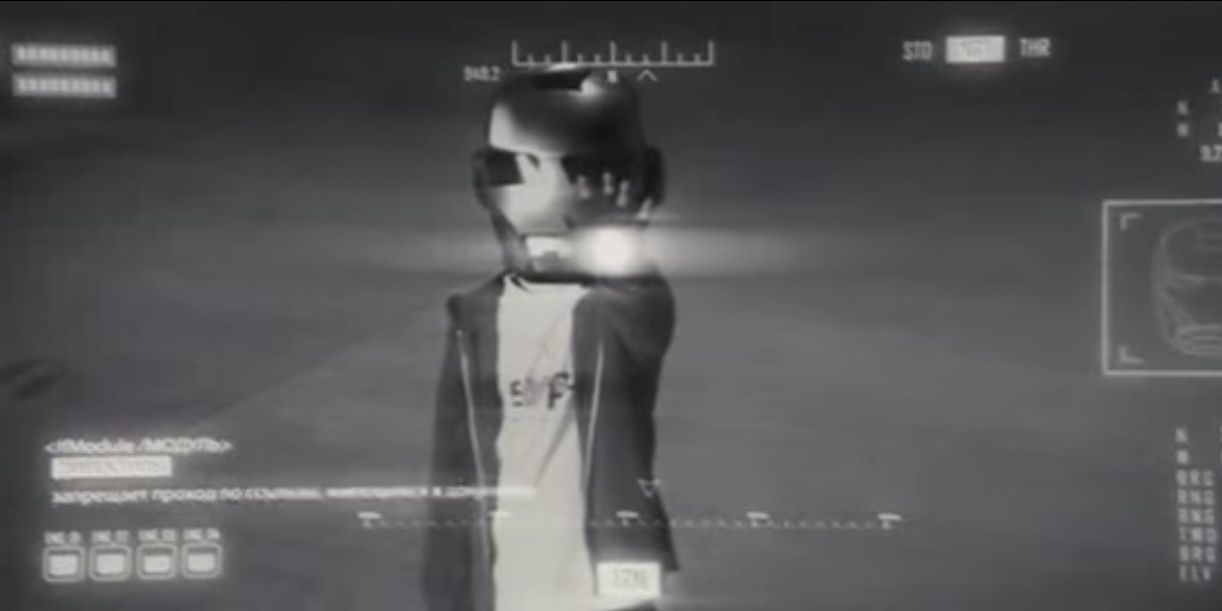
Marvel fans everywhere were thrilled when Spider-Man finally joined the MCU in Captain America: Civil War. Now it's hard to imagine the MCU without him. But due to some clever retconning, it turns out Peter Parker has been in the MCU for a long time.
In Iron Man 2, a young boy wearing an Iron Man mask is saved by Tony Stark at the Stark Expo. Tom Holland and others have confirmed the boy was Peter, which makes his later relationship with Tony all the more heart-warming.
3 Horrible: Sandman Is Uncle Ben's Real Killer (Spider-Man 3)
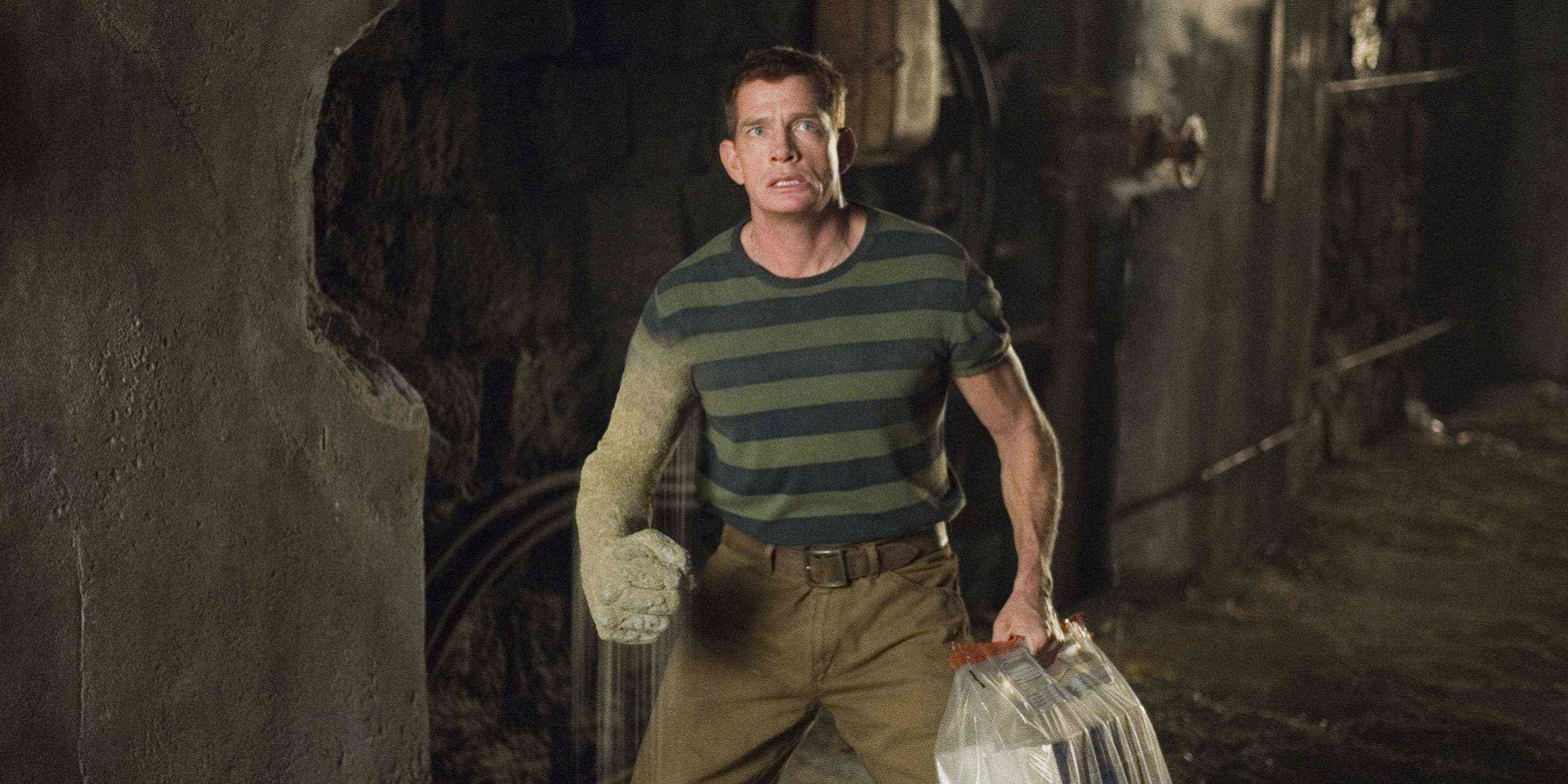
Most people are pretty familiar with Spider-Man's origins in that he failed to stop a criminal and that criminal ended up killing his Uncle Ben. From that moment, Spider-Man learned the important lesson that with great power comes great responsibility.
This was memorably recreated in Sam Raimi's first Spider-Man film. Unfortunately, come Spider-Man 3, Raimi seemed bored of the origin and changed it, so Sandman was the one who killed Uncle Ben. It's a lazy twist that robs Spider-Man of his most important moment.
2 Made Sense: Darth Vader Is Luke Skywalker's Father (The Empire Strikes Back)
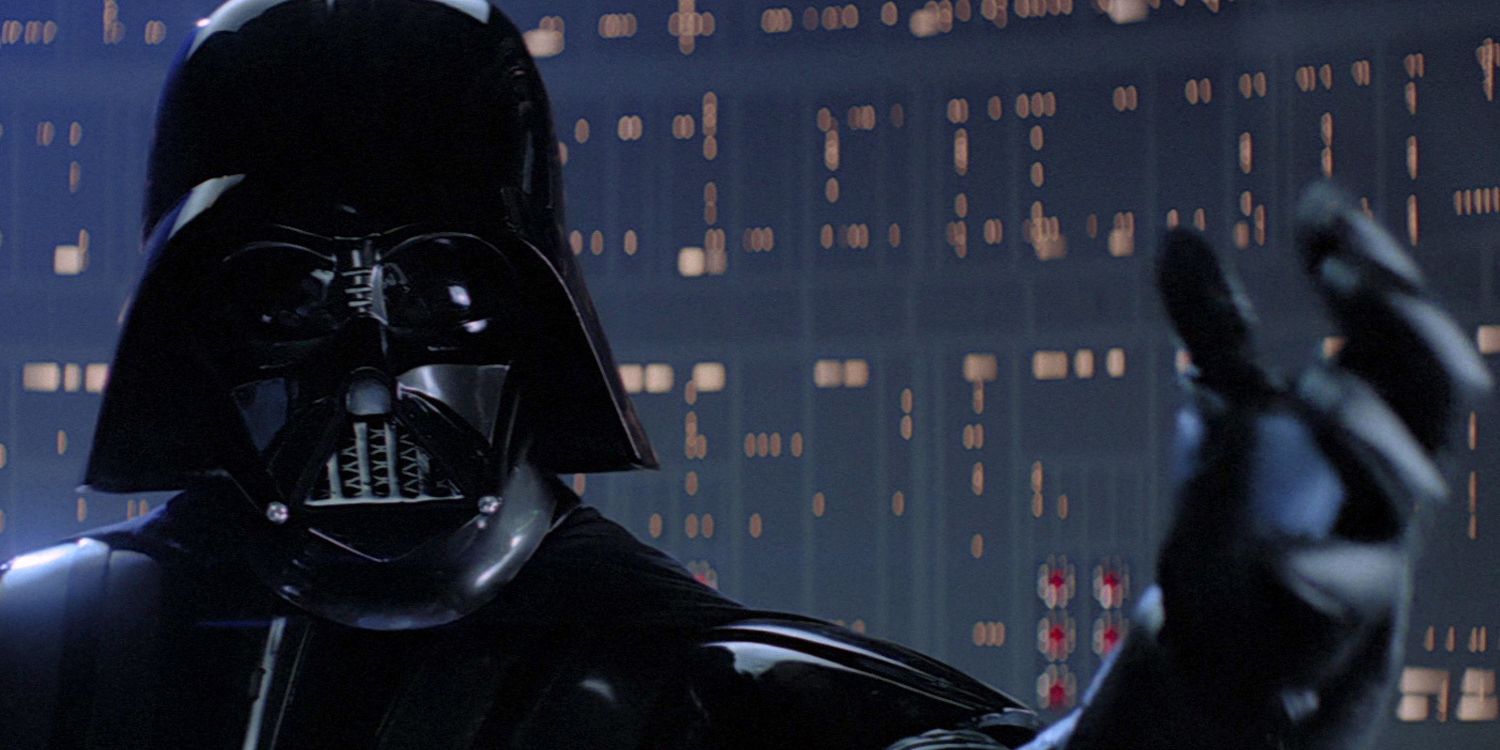
Darth Vader instantly became an iconic villain as soon as he appeared on screen in A New Hope. We don't know much about him at the time ,but Obi-Wan does explain that Vader killed Luke's father, Anakin Skywalker.
In The Empire Strikes Back, we learn Obi-Wan phrased that poorly and Vader was actually Anakin Skywalker, Luke's father. The simple retcon helped to make this one of the best twists in cinematic history.
1 Horrible: Rey Is A Palpatine (The Last Jedi)
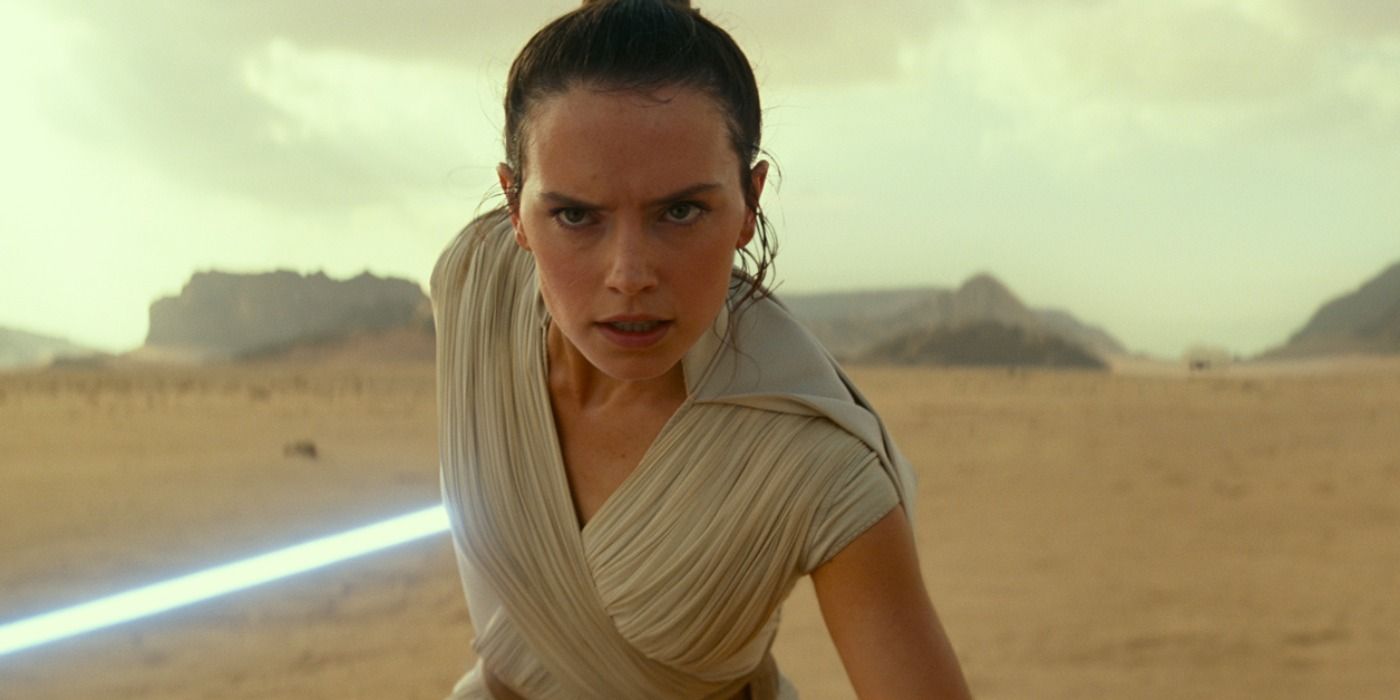
Not everyone was onboard with Rian Johnson's story choices in The Last Jedi, but at least he was trying something new with the Star Wars trilogy. One of the most interesting choices was revealing that Rey's parents were no one important and she came from nothing yet still became a Jedi.
Sadly, J.J. Abrams did not have the same desire to try something new. He quickly decides Rey's parents are not no one, but rather clones of the Emperor, who is alive actually alive after being killed by Darth Vader at the end of Return of the Jedi.
from ScreenRant - Feed https://ift.tt/3csT4VY

0 Comments